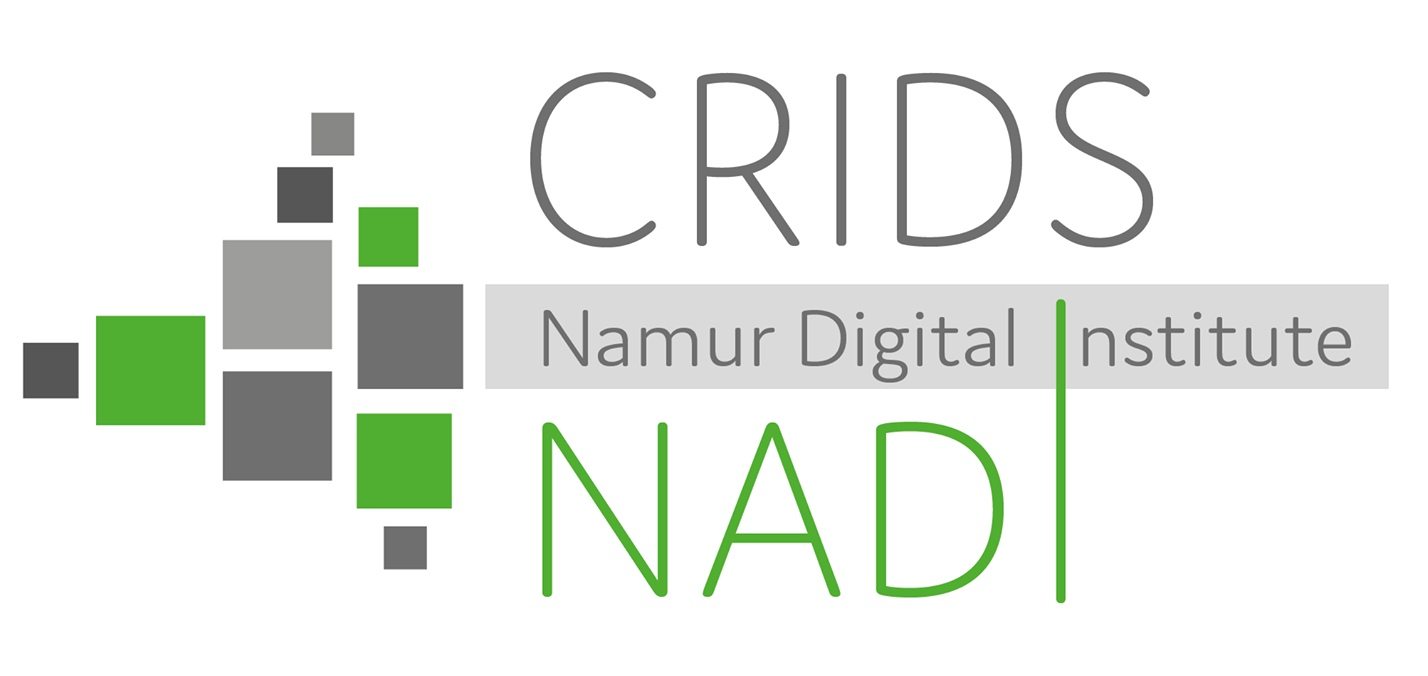Ongoing projects
BelgicaWeb - Providing access to Belgium’s online cultural heritage
BelgicaWeb is a project to open up Belgium’s born-digital heritage - information that only exists online - and make it FAIR. The project aims to develop a multilingual user-friendly access platform and an API enabling data-level access. BelgicaWeb builds on the knowledge from KBR’s other Belgica initiatives (see: BelgicaPress and BelgicaPeriodicals) and will contribute to opening up KBR’s growing born-digital collections for research and analysis.
To ensure the scientific exploitation and social valorisation of this born-digital heritage, BelgicaWeb will: 1) investigate how to sustainably provide access to these collections; 2) develop the necessary data infrastructure; 3) enrich the (meta)data via linked data, Natural Language Processing or other digital methods; 4) analyse the relevant legal frameworks and 5) promote Belgium’s born-digital heritage.
BelgicaWeb is innovative in the sense that it will develop an integrated access platform that is optimised for both archived websites and social media whereas tools for replaying the content are mostly developed with websites in mind. Offering data-level access to born-digital collections via API is also an approach that is not often taken by national libraries. The project would therefore have a major impact on scientific knowledge and also on heritage and collection management since new born-digital collections will be created and preserved during the project. Moreover, it will enable KBR to build further in-house expertise in offering born-digital collections as data via an API and developing and maintaining an access portal. Providing access to archived born-digital heritage has a strong impact on civil society as it supports the citizens’ right to information and offers insight into the online behaviour of citizens at large.
The BelgicaWeb project brings together partners with a range of expertise. CRIDS at UNamur will provide expertise on the relevant legal issues, IDLab, GhentCDH and MICT at UGhent will work on data enrichment, user engagement and evaluation and outreach to the research community respectively. KBR will serve as project coordinator and will work on the development of the access platform and API and data enrichment. This project already has experience working together with web and social media archiving in the PROMISE and BESOCIAL projects, which is an additional strength for this project.
Within the project a reference group of experts will iteratively provide input on the selection, the development of the API and access platform, data enrichment and quality control and usability. Collections of born-digital data will be created using tools for archiving web and social media content and this data will be indexed. The API and access platform will be developed in two phases: a pilot phase with an evaluation and a final phase. The data will also be enriched by making use of digital methods such as linked data or Natural Language Processing. The legal component of the project comprises an analysis of the legal frameworks regarding data exchange, text and data mining, data protection and privacy rights, freedom of expression and impact of the proposed European regulation on artificial intelligence.
Researchers : Alejandra Michel
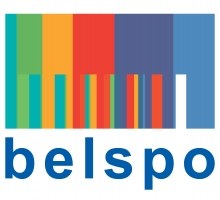
CERTAINTY : A CEllulaR immunoTherapy virtuAl twin for personalIsed cancer treatmeNT
This project aims to create a multi-scale patient-specific human virtual twin for patients who are eligible for CAR T cell therapy, which can be extended to cellular immunotherapies in general. The virtual twin will support decision-making throughout the patient's journey, from diagnosis to pre-treatments, cellular immunotherapy, and late patient monitoring. This will enable patients and health experts to identify the most effective course of therapy. The CRIDS will be in charge of the proper management of personal data and will provide its expertise to ensure the project's compliance with the GDPR and other relevant legal instruments.
Researchers: Chloé Antoine et Manon Knockaert
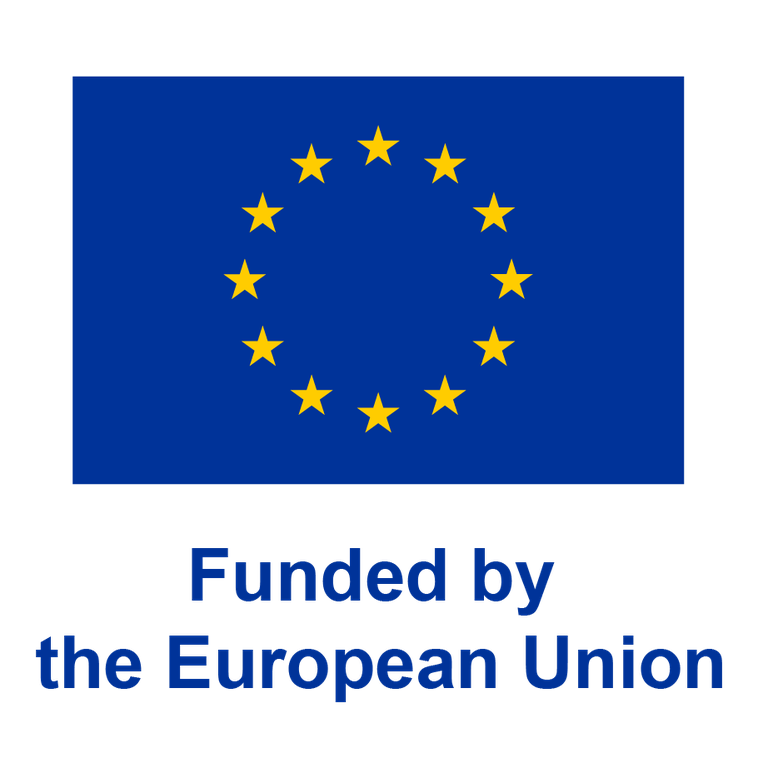
Views and opinions expressed are however those of the author(s) only and do not necessarily reflect those of the European Union or European Health and Digital Executive Agency. Neither the European Union nor the granting authority can be held responsible for them
TEF-Health : Testing and Experimentation Facility for Health AI and Robotics
The EU project TEF-HEALTH aims to test and validate innovative artificial intelligence (AI) and robotics solutions for the healthcare sector and accelerate their path to market. The 51 participating project partners from nine European countries will receive funding to the tune of about 60 million euros, with half coming from the European Commission under its Digital Europe program and half from national funding agencies.
The plan is for the project partners to develop new regulatory and ethical requirements, including, for instance, standardized testing protocols and certifications or a specific code of conduct for use of the technology. In addition, the necessary technical and administrative procedures must be developed and created. CRIDS is part of WP2 and is in charge of the legal and ethical aspects. On board the TEF-Health project are therefore leading hospitals, universities, and clinical research institutions such as Sweden’s Karolinska Institutet, as well as state-designated testing organizations such as German safety inspector TÜV and the National Metrology Institute of Germany and its French counterpart, the “Laboratoire national de métrologie et d'essais” (LNE).
The newly created evaluation resources and infrastructure will be made available to industry in the future in the form of fee-based services. Widespread use of these comprehensive testing and evaluation tools will not only accelerate market access for innovative AI and robotics technologies, but will also ultimately boost public confidence in these new developments.
Finally, the TEF-Health project has the express aim of generating and consolidating sustainable collaborations between industry, academic research, and other players.
Researchers: Camille Bourguignon, Alix Gobert et Martin Rappe
Website: https://www.tefhealth.eu/
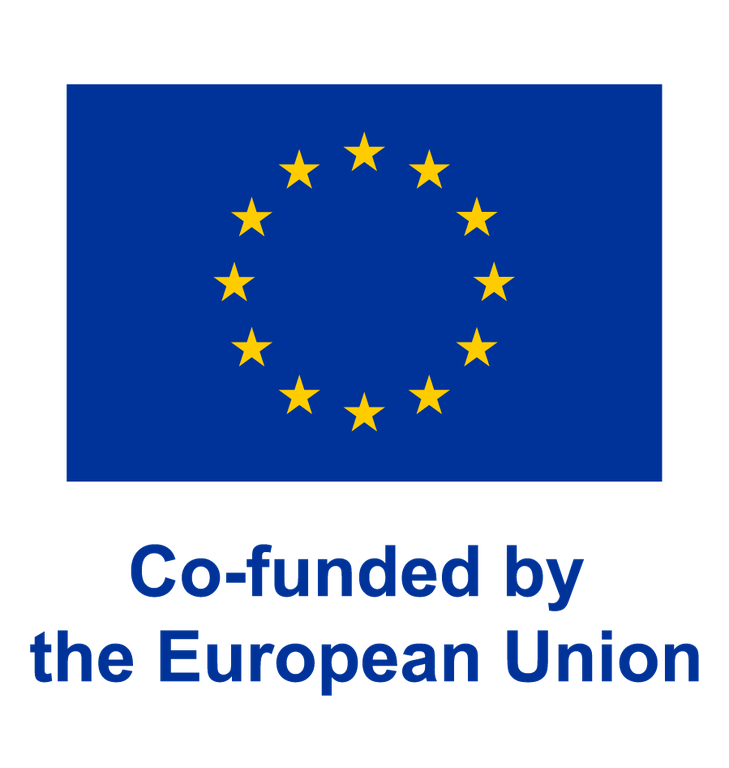
&

Views and opinions expressed are however those of the author(s) only and do not necessarily reflect those of the European Union or European Commission. Neither the European Union nor the granting authority can be held responsible for them
Legal expertise in the context of data sharing between public entities
Within the framework of this project, the CRIDS is responsible for helping the German-speaking Community to establish a regulatory framework for data exchange and data protection. This project is part of an e-government approach. It is organized in two main phases. First, the CRIDS oversees presenting the different models of administrative simplification currently implemented at the Belgian federal and regional levels and to propose, on this basis, the model that best suits the particularities of the German-speaking Community. Then, it will be up to the CRIDS to draft the legislative texts intended to frame the data exchanges between the different entities concerned.
Researchers: Alix GOBERT, Pauline LIMBRÉE, Pauline WILLEM
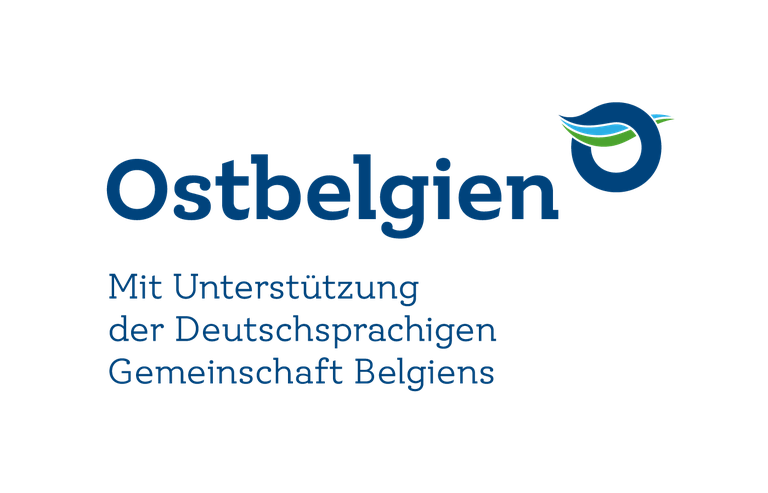
Open Agro 4.2
Taking into account the intellectual property rights and the evolving regulations on data access and data sharing (e.g. GDPR, open data, EU Data Governance Act), the OpEnAgro 4.2 project associates several public research and development organizations (CRA-W, ISSeP, Elevéo, WalDigiFarm and Requasud) with the CRIDS. With the financial support of the Wallon Region, the major objective is, among others, to define the Walloon legal framework applying to agricultural and environmental data platforms and to provide practical tools facilitating this application (data management plan, best practices for data sharing,).
The OpEnAgro 4.2 project will focus more broadly on making proposals for approaches and organizational structures that meet the European strategic vision for data governance.
Researchers : Manon Knockaert, Chloé Antoine, Kathryn Barette
 &
& 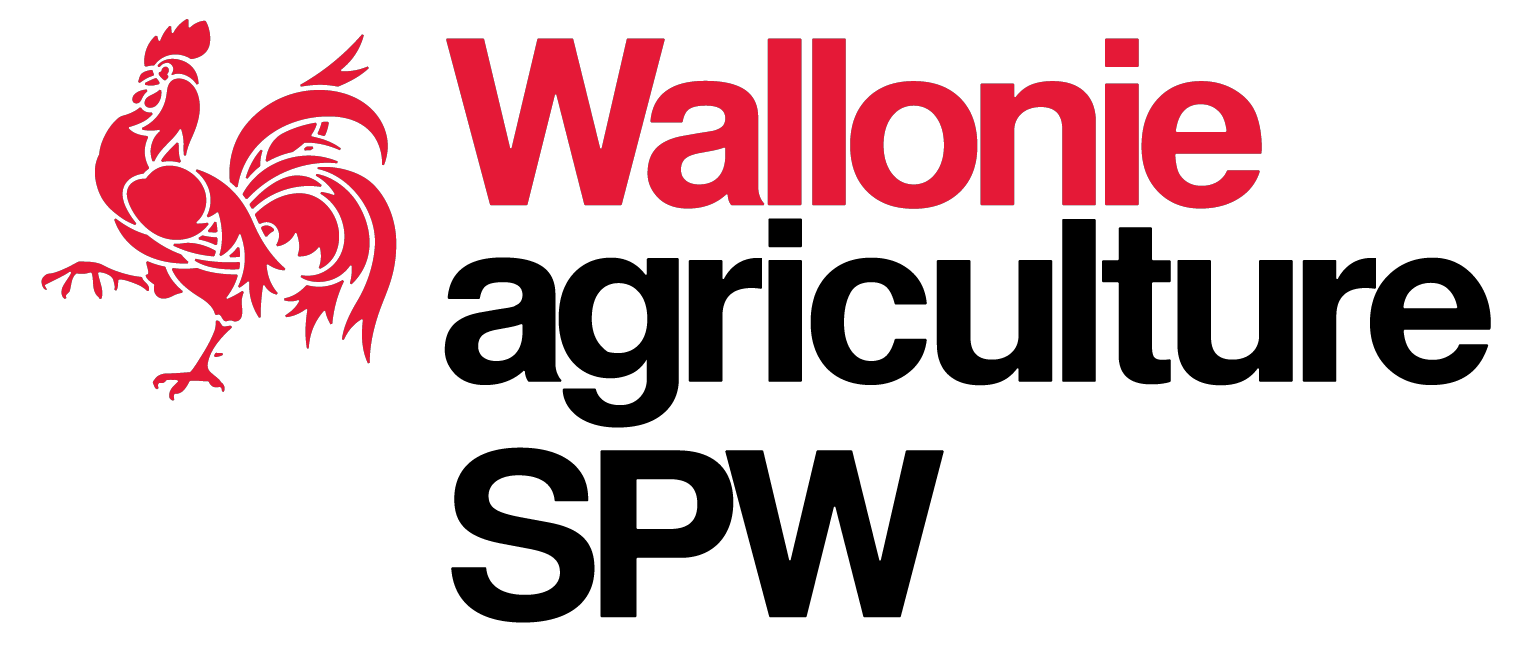
DIGIPD : Validating DIGItal biomarkers for better personalized treatment of Parkinson’s Disease
The aim of the project is to evaluate in how far Digital biomarkers (DMs) extracted from a mobile gait sensor system as well as recordings of voice (via phone) and face movement (via video) could help reaching accurate disease diagnosis and treatment dependent prognosis for each individual patient with Parkinson’s Disease (PD). Starting from pre-existing data and advanced AI methods developed by project partners in the past, it assesses different types of DMs regarding their ability to discriminate between PD and healthy controls, for predicting different types of PD disease trajectories and for predicting the treatment dependent change of disease symptoms over time. It also investigates via statistical and AI methods the relation of different types of DMs to each other, to clinical outcome scores and to molecular disease mechanisms, hence opening the opportunity to a new level of interpretation of DMs. Finally, it provides important insights into feasible legal pathways for the use of AI and DMs in the field (specifically with respect to data privacy aspects), and investigates the acceptance, ethical concerns and perceived value of such approaches by patients.
Researchers : Noémi Bontridder
SWITCH
The CRIDS is participating in a project entitled Smart wireless intelligent tunnel connectivity hub ("SWITCH") launched in 2020 by a group of academic and technical players.
The SWITCH project aims to design and develop an integrated "Smart Tunnel" solution for road tunnel builders and operators.
The physical layer of the tunnel and its infrastructure enables the collection of data, which is then processed and routed to business applications in the application layer. The aim of the project is to process the data collected to enable concrete operational management of the tunnel to meet the objectives of operation, efficiency, safety and maintenance. In pursuing their operational objectives, both builders and operators are subject to regulations.
In addition, the solution involves the processing of personal data relating to tunnel operator employees and potentially to infrastructure users.
The implementation of the solution and the various processing of data must be carried out in compliance with current regulations. As part of the SWITCH project, the CRIDS is responsible for analysing such relevant legislation. .
Researchers : Victoria Ruelle

DENiM - Digital intelligence for collaborative Energy management in Manufacturing
DENiM will promote technical leadership through the integration of innovative digital technologies to support the engineering of complex and highly interconnected processes and systems that enable the creation of sustainable value chains for energy-efficient manufacturing system management. The Through a co-creation approach across different industry sectors, DENiM will foster the establishment and exchange of best practices for the integration of ICT, energy optimisation and sustainable manufacturing. DENiM will provide a flexible solution that can stimulate the creation of, and adaptation to new business models that promote sustainability within the manufacturing industry (e.g. customer-driven manufacturing, circular economy).
Researchers: Alejandra MICHEL, Michaël LOGNOUL, Jean HERVEG
Accord-cadre visant les services juridiques visés à l'article 88 de la loi du 17-06-16
The mission of CRIDS is to provide legal expertise to Wallonie Bruxelles Enseignement ("WBE", the organising authority for official education in the French community) on a wide variety of topics such as ICT, privacy, and intellectual property. Within this scope, CRIDS may be called upon to provide counseling on legal matters, produce normative texts, or organize training courses for WBE staff.
Researchers: Elise DEGRAVE, Antoine DELFORGE, Manon KNOCKAERT, Benoît MICHAUX, Alejandra MICHEL
WALECITIES
Wal-e-Cities is a research project aiming at the development of Smart Cities in Wallonia in a specific context. Wallonia consists of medium-size cities in a rural and urban small territory, with 5 main attractive and innovative poles, meaning that the Smart City concept has to be considered at a Smart Region level.
Researchers: Alejandra MICHEL
Pacte d'Excellence Numérique
The research aims to support the "Pacte pour un enseignement d'excellence". Specifically, the project consists in designing digital tools for education. The CRIDS provides scientific support in the "Digital Education" consortium and contributes to the development, testing and validation of these tools.
Researchers : Anne-Sophie COLLARD, Kathleen DE GROVE, Carole DELFORGE, Alyson HERNALESTEEN, Sara DETHISE MARTINEZ
